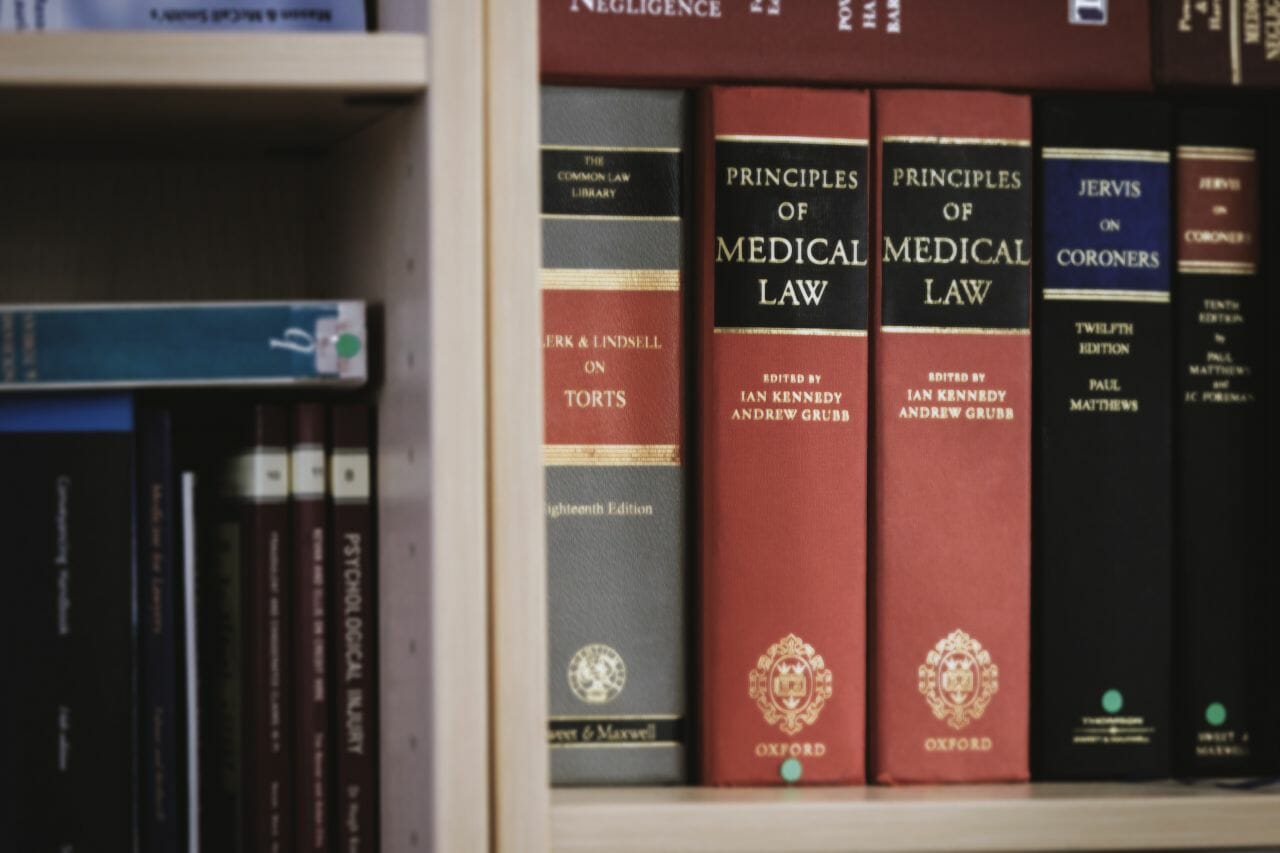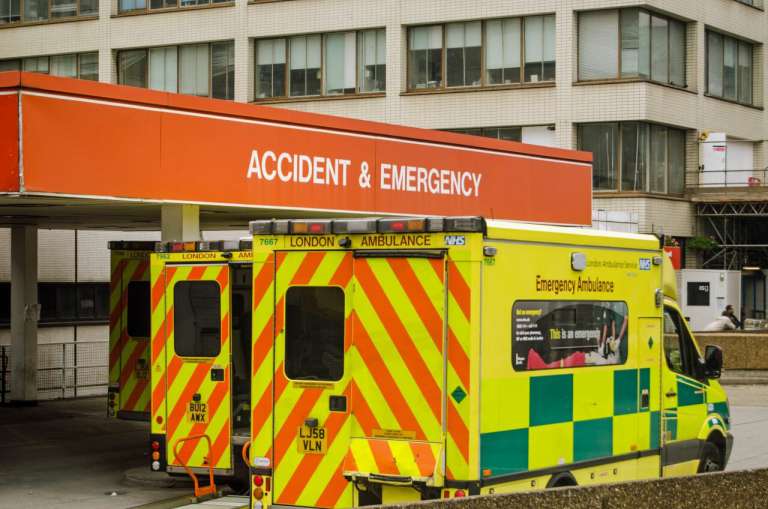The Civil Procedure Rules are going to receive a number of updates on 1 October 2020. We look at some of the key changes to the Civil Procedure Rules, that all solicitors specialising in clinical negligence and personal injury need to be aware of.
These amendments stem from the Civil Procedure (Amendment No. 3) Rules 2020 and the 122nd Practice Direction Update.
Costs Budgeting
There will be a reorganisation of the cost budgeting provisions. Some of them will move from the current Practice Direction 3E (Costs Management) into Part 3. Whilst a completely new Practice Direction 3E, will also be introduced.
One of the most significant introductions is Rule 3.15A, which will appear in Part 3. It will set out the procedure to follow when applying for permission to vary a party’s costs budget when a ‘significant development’ occurs during the course of litigation. It will mean that the proposed variation must be set out and submitted to the other parties, and the court, in a new form called a ‘Precedent T’.
Contempt of Court
In addition to this there will be a comprehensive overhaul of the contempt of court provisions. These will come in via a new Part 81, revocation of Practice Direction 81 and some new court forms.
The Civil Procedure Rule Committee will be holding a webinar on 8 October 2020 to discuss these changes. Further details of this event can be found on the Ministry of Justice website.
Statement of Truth
On 6 April 2020 Practice Direction 22 was amended to expand the statement of truth for:
- A statement of case;
- A response; and
- An application notice
to include the sentence:
“I understand that proceedings for contempt of court may be brought against anyone who makes, or causes to be made, a false statement in a document verified by a statement of truth without an honest belief in its truth.”
On 1 October 2020 a number of other Practice Directions will be brought in line with this. It will mean that
- A claim form;
- The particulars of claim;
- The defence; and
- Online statements of case;
will all have to include a declaration that the relevant party believes that the facts stated in the document to be true, and an acknowledgement that the same party understands that proceedings for contempt of court may be brought in relation to false statements.
It remains essential to use the prescribed wording for a statement of truth. But helpfully, they can all now be found in the same place, within Practice Direction 22.
Court Forms
A number of court forms are also due for release in October 2020, to incorporate the new statement of truth. This means there will be new versions of some of the most used court forms; we anticipate that this will include the N1 Claim Form and N244 Application Notice. At this stage we do not know exactly when in October 2020 these will be published. However, HMCTS has said that the existing forms can be used up until the new ones are made available.
Experts
The statement of truth for experts is also due for an update on 1 October 2020. The new statement of truth will read:
“I confirm that I have made clear which facts and matters referred to in this report are within my own knowledge and which are not. Those that are within my own knowledge I confirm to be true. The opinions I have expressed represent my true and complete professional opinions on the matters to which they refer. I understand that proceedings for contempt of court may be brought against anyone who makes, or causes to be made, a false statement in a document verified by a statement of truth without an honest belief in its truth.”
False Statements
An amendment to Rule 32.14 will reiterate that contempt of court proceedings may be brought against a person who makes, or causes to be made, a false statement in a pre-action document which is verified by a statement of truth, without an honest belief in its truth.
An interesting amendment will take place to the Practice Direction – Pre-Action Conduct and Protocols (the PDPAC). Paragraph 2 of this protocol will be extended to say:
“A person who knowingly makes a false statement in a pre-action protocol letter or other document prepared in anticipation of legal proceedings may be subject to proceedings for contempt of court.”
It is likely that the phrase ‘pre-action protocol letter or other document’ would include a Letter of Claim.
Although the PDPAC states (at paragraph 2) that it applies to disputes where no specific pre-action protocol applies – so may not strictly be applicable to clinical negligence claims, which have their own pre-action protocol – this new provision should be borne in mind when asking the claimant to approve a Letter of Claim.
The County Court Online
Practice Direction 51S established The County Court Online Pilot. This is one of the first steps towards establishing a fully electronic claims process.
The 122nd Practice Direction Update made various changes to Practice Direction 51S, including the internet link to the pilot scheme and the applicable statement of truth (to bring it into line with the above). However, most of these changes have already taken place, coming into effect on 27 July 2020.
Another notable change that also occurred on 27 July 2020 was to paragraph 5.8. It now provides that the only claims suitable for issuing though the pilot scheme are those where the court issue fee is paid in full. The apparent effect of this change is to remove the ability of the claimant to apply for remission of the court issue fee at the time of issuing their claim. However, the HMCTS guidance states that the amendment was “to clarify that claimants using the pilot cannot apply for fee remission before filing their claim”. This situation is unclear, as the unamended paragraph 7.2 appears to keep alive the possibility of the claimant making a fee remission application at the time of filing their claim for issuing under the pilot scheme.
This summary of the changes to the Civil Procedure Rules was created with the assistance of Jonathan Gray, a Medical Negligence Solicitor at Pryers.





